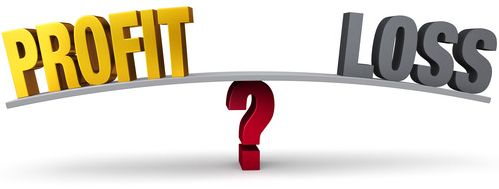|
Somehow it happened (I'm not sure how it happened ... I just know somehow it happened) that I got who I am tangled up with my checkbook balance, and with the bottom line of my investments portfolio. That's bizarre when you consider the implications: human beings experiencing a quality of life defined like paint by numbers??? Yet that's what happened: bigger numbers (profit) meant I was having a good day, and smaller numbers (loss) meant I wasn't having a good day. No, that is not really an accurate account of where this mis-correlation left me. It is closer to the truth to say that bigger numbers meant I was a good person, and smaller numbers meant I wasn't a good person. With hindsight (and hindsight is always 20/20 vision), that's an untenable position to be in. When I first noticed it, its untenability was clear. Yet I didn't know what I could do about it or how to shift it. I only knew I seemed to be tied to the numbers in some way.
Further exploring this, I began to notice how my ease of living is not always correlated with the amount I'm earning - contrary to expectation. For example I've been contracted to deliver week-long high-tech training seminars for many of the Fortune 1000 companies at top drawer remuneration rates. I've also driven winery tours around the Napa Valley in California, the wine country where I live, for more modest wages. In retrospect my financial life was more balanced and easier to manage during the latter venture. It began to dawn on me no income amount, no matter how many trailing zeroes it has, will be satisfying without a satisfying context for it.
